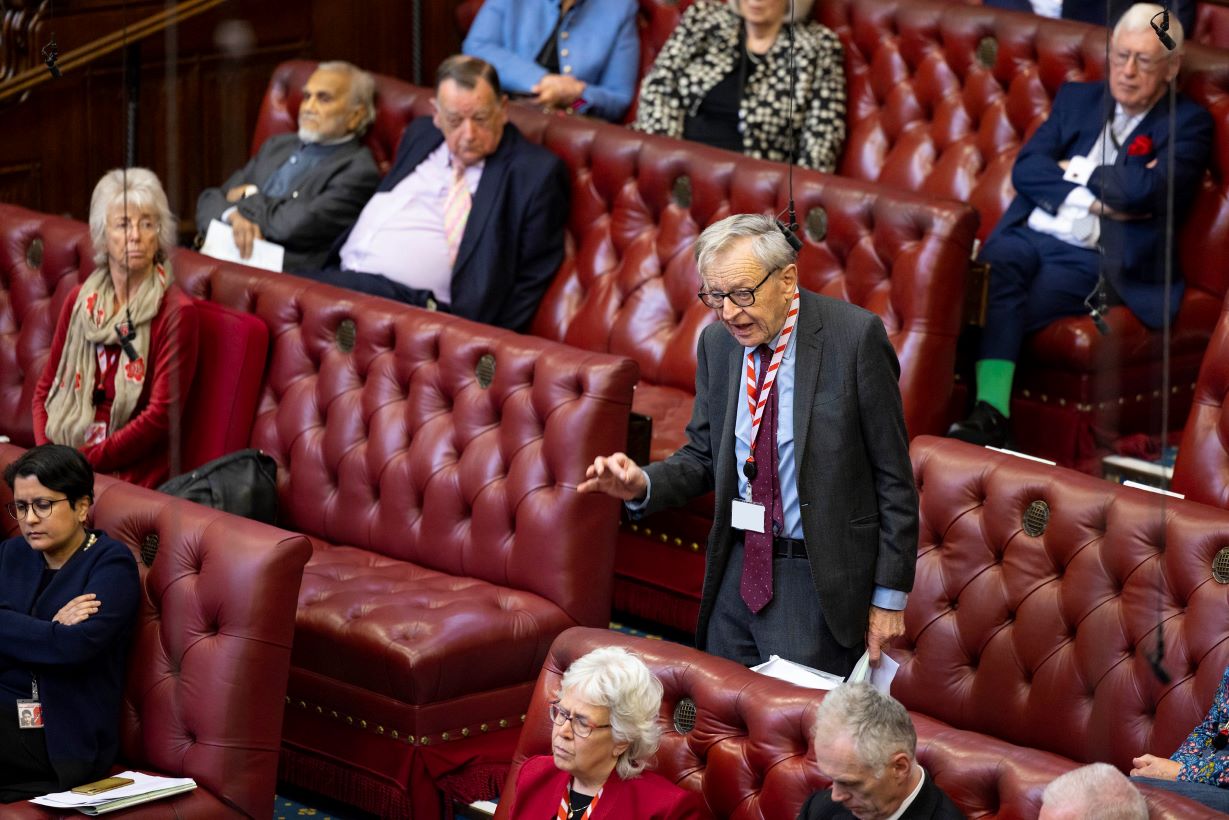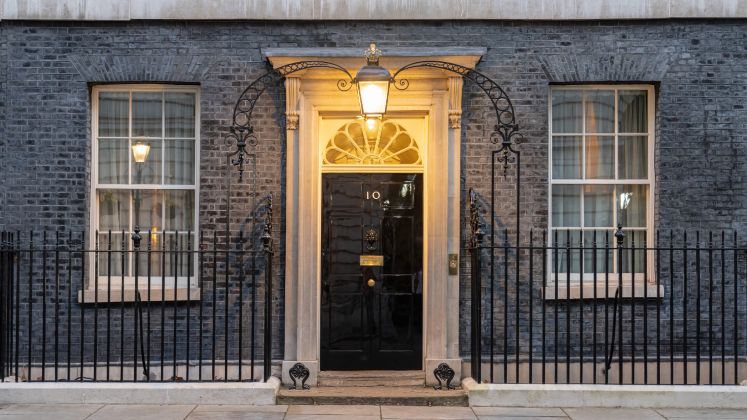 Tom Caygill comments on the procedural aspects of the attempts to pass the Withdrawal Agreement Bill so far, and considers the options available to government for how it continues next.
Tom Caygill comments on the procedural aspects of the attempts to pass the Withdrawal Agreement Bill so far, and considers the options available to government for how it continues next.
At the weekend, in an unusual Saturday sitting, the government brought forward a vote on the Prime Minister’s renegotiated Brexit deal. In response, Oliver Letwin MP tabled an amendment stating that parliament will withhold approval of the deal until the bill implementing Brexit had been passed. The concern was that Brexiters might support the deal during the ‘meaningful vote’ but refuse to support the legislation implementing the deal with the outcome that we crash out of the EU on 31 October.
The amendment passed with 322 votes to 306. On Monday the government attempted to bring a meaningful vote again, which the Speaker ruled as disorderly, on the basis that a motion that is the same ‘in substance’ as a previous one cannot be brought back during the course of a single parliamentary session (this is the same rule which stopped Theresa May bringing back her deal).
It is these events which led the government to table the Withdrawal Agreement Bill on Monday in order to attempt to get the bill onto the statute books as quickly as possible, in order to allow the EU to ratify the deal prior to the current 31 October deadline.
The programme motion
Consequently, the government tabled a very tight programme motion, timetabling the legislation to get through the House of Commons in a matter of days rather than the usual weeks that we might expect. The second reading was held on Tuesday evening and passed by 329 votes to 299, following which the government pushed their programme motion to a vote. If passed, the programme motion would have seen committee stage start last night, straight after second reading for three hours and resume on Wednesday for 12 hours. The programme motion would have seen the bill receive its third reading on Thursday.
This would have been highly unsatisfactory for a bill of such constitutional significance. Indeed the Wild Animals in Circuses Act 2019 would have received the same amount of scrutiny in the House of Commons as what was being proposed for the Withdrawal Agreement Bill. To further rub salt into the wound, the bill was only published at 7.30pm on Monday night – only 17 hours prior to the start of the second reading debate and around 24 hours prior to proposed start of its committee stage. The bill is 110 pages long and its accompanying documents are over 300 pages long. This is not an appropriate way to undertake scrutiny on such an important piece of legislation. Rushed and ill-thought-out bills lead to defective legislation. On issues of constitutional importance, this is especially important on the basis that they often deal with issues of power and where it is located. Unsurprisingly, this programme motion was defeated by 322 votes to 308 on Tuesday.
Although the government has, at least for the time being, paused the bill’s progress, there was also no guarantee that it could get the legislation through the House of Lords in a format that it agrees with and also within a quick timeframe. This is on the basis that there is no equivalent procedure to programme motions in the Lords. Although it was unlikely that the Lords would block the legislation, they would certainly not acquiesce to a request to pass the bill rapidly, without due scrutiny.
What happens next?
What happens next is anyone’s guess but there are options available. The government is able to table a new programme motion should it choose to. It transpired on Tuesday, through an open letter from the Opposition Chief Whip to the Government Chief Whip that there had been no consultation with opposition parties (which is unusual) when it came to timetabling the legislation. The opposition are open to seeking a consensus on an alternative programme motion, which is a mature response after being ridden roughshod by the government on this issue; it has since been reported that Labour’s offer is an additional eight days of scrutiny. This would require an extension of Article 50 to ensure that Parliament can properly scrutinise and pass the bill and that the EU can ratify the deal as well. It is important to remember that 31 October is now a self-imposed deadline by the government as the EU has said it is open to an extension. Indeed, Parliament allowed space for an extension through the passage of the Benn-Burt Act. It is Parliament’s responsibility to scrutinise and assent to legislation, not to help the government save face.
The option of a general election is being considered but it appears the government is waiting to see what the outcome of discussions between EU member states are in relation to the length of extension offered. If it is a short technical extension then we can perhaps expect a more generous programme motion to be forthcoming. If it is a three-month extension as requested by the Benn-Burt Act then perhaps we are heading for a winter general election after which this bill will return in a new Parliament.
We will have to see how the next steps unfold over the coming days. But the defeat on the programme motion is a good day for parliamentary scrutiny. Whatever type of extension is agreed, it should mean the bill can receive scrutiny which is fitting for a piece of legislation of this importance and complexity.
It does, however, raise a broader concern in that there are a number of Brexit-related bills waiting in the wings on fisheries, agriculture, trade and immigration which are all destined to set up new regimes for dealing with these issues. Let’s hope the same urgency to pass these bills is not applied, as it could leave us in a legislative and policy mess.
_________________
 Tom Caygill is Teaching Fellow at Newcastle University.
Tom Caygill is Teaching Fellow at Newcastle University.
All articles posted on this blog give the views of the author(s), and not the position of LSE British Politics and Policy, nor of the London School of Economics and Political Science. Featured image credit: Pixabay (Public Domain).







